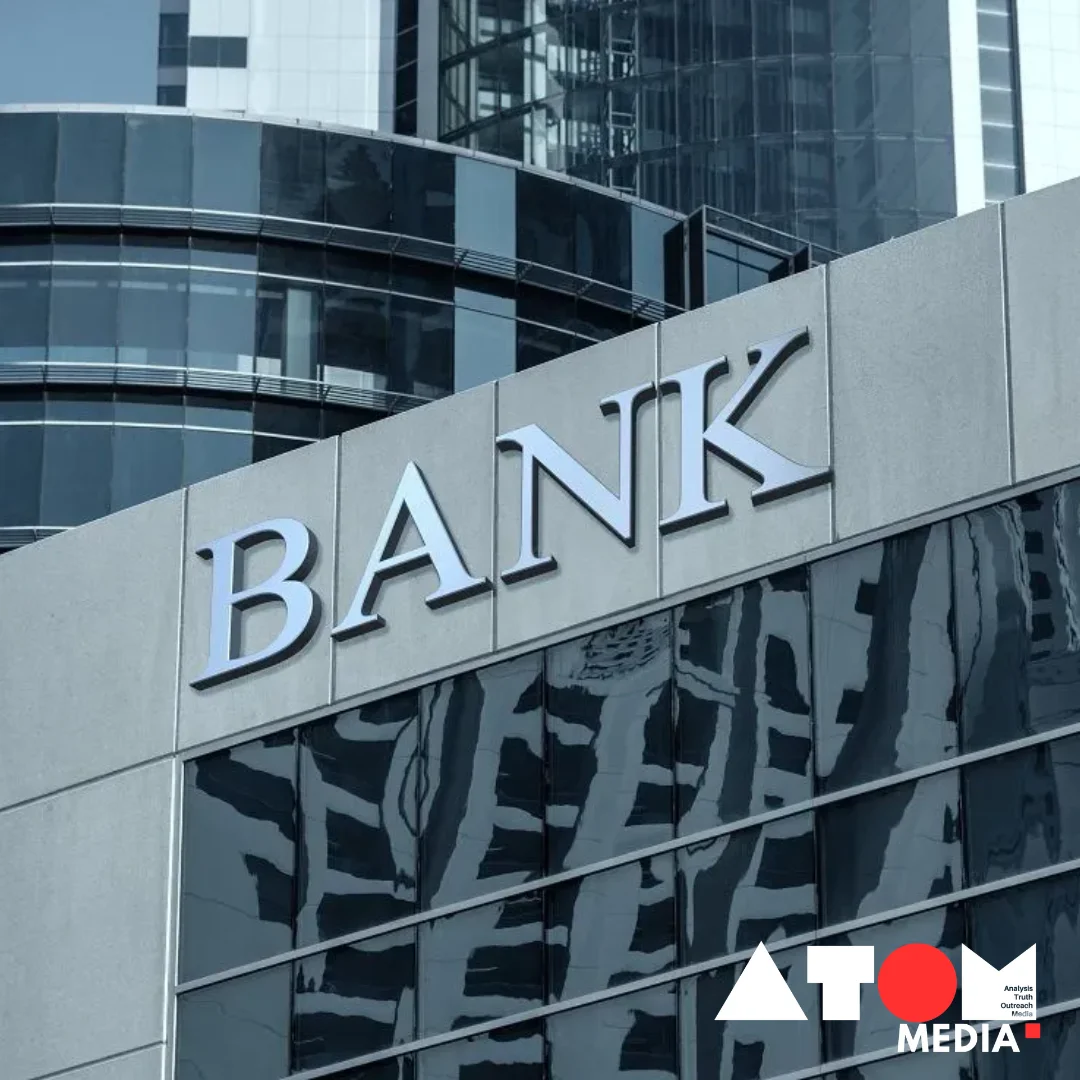A disagreement between the Central Bureau of Investigation (CBI) and major banks over branded ‘fraud accounts’ is intensifying, potentially requiring Supreme Court involvement. Last year, the Supreme Court ordered a borrower hearing before declaring accounts fake. However, disagreements have arisen over applying this order retroactively, causing banks to take legal action.
The Legal Standoff Unveiled
A legal confrontation between the Central Bureau of Investigation (CBI) and large banks has broken out in the wake of claims of borrowers’ fraud. The crux of the problem is how to interpret a Supreme Court decision requiring borrower hearings before designating a fraud account. In a landmark decision last year, the Supreme Court demanded that debtors be given a fair hearing before their accounts were declared fake.
Upholding the SC Verdict
The Central Bureau of Investigation (CBI), which is entrusted with investigating countless fraud cases, claims that the Supreme Court order applies to all new and existing fraud accounts. They insist that all banks follow the authorized protocol, which includes giving debtors a hearing. However, high-street banks argue that the Supreme Court decision cannot be applied retroactively to previously designated fraudulent borrowers. They claim that applying the ruling retroactively will destabilize current banking procedures and legal structures.
Impending Supreme Court Intervention
As tensions between the CBI and banks rise, several large financial firms are exploring legal options. Plans are being developed to petition the Supreme Court for clarity and resolution of the ongoing disagreement over the processing of fraudulent accounts. Despite the legal deadlock, banks and investigative authorities are working together to combat fraudulent operations efficiently. Banks commonly report questionable transactions to the CBI’s anti-corruption office, promoting a collaborative approach to combating financial fraud.
Reporting and Vigilance
To maintain financial integrity, banks must be attentive in detecting and reporting potential incidents of fraud. They notify the CBI’s financial cell of incidents involving large money, ensuring prompt action and investigation into fraudulent activity. As the issue heats up, the Supreme Court’s participation holds the key to resolving legal difficulties involving fraud account designations. Both banks and the CBI are awaiting clarification on how the Supreme Court order would be applied, with the goal of maintaining procedural fairness while tackling financial misconduct.
Strengthening Regulatory Oversight
In today’s ever-changing financial landscape, regulatory monitoring is critical to protecting the integrity of banking systems. Collaboration among regulatory authorities, investigative agencies, and financial institutions is critical to preserving confidence and openness in the banking industry. As the legal battle continues, stakeholders in the banking sector must manage the complexities of regulatory compliance and legal responsibilities. With the Supreme Court likely to interfere, the outcome of the issue will determine the future course of fraud detection and prevention in the banking industry.
Read more: Marketing News, Advertising News, PR and Finance News, Digital News





